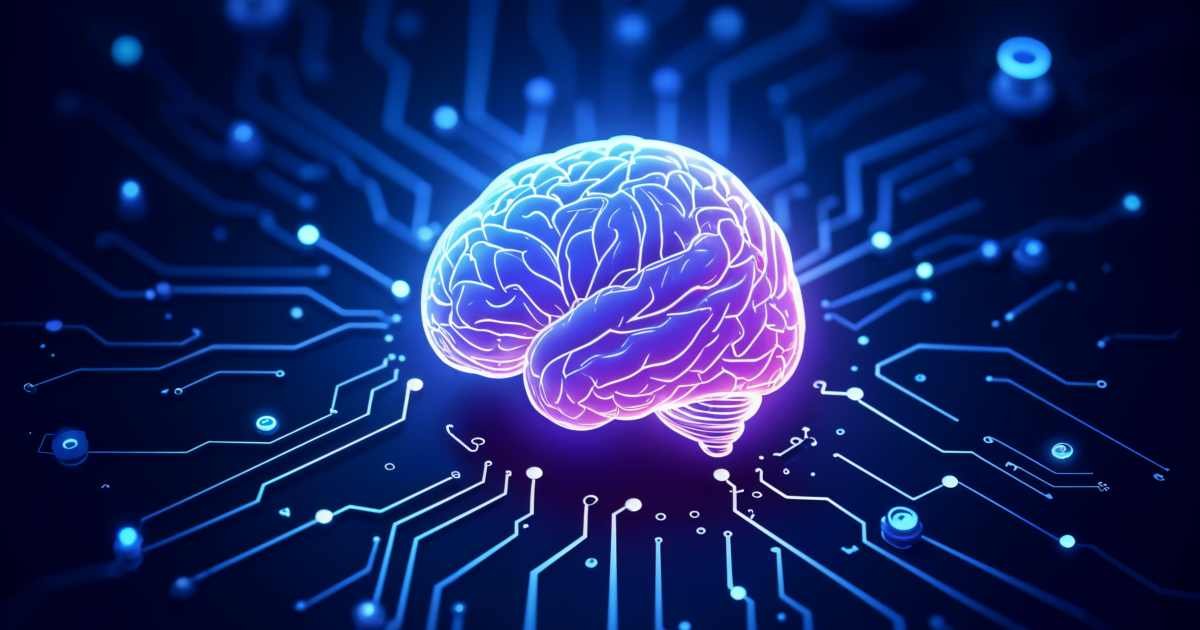Artificial Intelligence is no longer the stuff of science fiction; it’s a transformative force reshaping industries, creating new job categories, and fundamentally changing how we interact with technology. From the algorithms that recommend your next movie to the complex models driving medical diagnoses, AI is everywhere. The good news? It’s more accessible to learn than ever before. Whether you’re a curious student, a professional looking to upskill, or an aspiring data scientist, this guide provides the essential resources to start your AI journey on the right foot.
The demand for AI expertise is skyrocketing. The global AI market is projected to grow at a compound annual rate of 36.6%, reaching USD 1.81 trillion by 2030, according to Grand View Research. This isn’t just about market value; it’s about opportunity. The World Economic Forum’s Future of Jobs Report 2023 lists AI and Machine Learning Specialists as the top emerging job role. Your journey into this exciting field starts now.
The 10,000-Foot View: What is AI?
Before diving into resources, let’s demystify the terminology. At its core, Artificial Intelligence (AI) is a broad field of computer science dedicated to creating machines that can perform tasks that typically require human intelligence.
- Machine Learning (ML): This is the most common form of AI today. Instead of being explicitly programmed, an ML system learns patterns from data. Think of a spam filter learning to identify junk mail based on thousands of examples.
- Deep Learning (DL): A subfield of ML, Deep Learning uses multi-layered neural networks (inspired by the human brain) to solve complex problems, like image recognition or natural language processing. It’s the engine behind technologies like ChatGPT and DALL-E.
- Natural Language Processing (NLP): A branch of AI focused on enabling computers to understand, interpret, and generate human language. It powers virtual assistants, translation services, and sentiment analysis tools.
The Foundational Pillars of Learning AI
A successful AI journey is built on three pillars. While you don’t need to be a world-class expert in each, a solid understanding is crucial.
- Mathematics (Don’t Be Scared!): You don’t need a Ph.D. in math, but a strong grasp of key concepts is essential for understanding *why* algorithms work.
- Linear Algebra: The language of data. Concepts like vectors and matrices are fundamental.
- Calculus: Essential for understanding how models learn and optimize (e.g., gradient descent).
- Probability & Statistics: The foundation for making predictions and evaluating model performance.
- Recommended Resource: Khan Academy offers excellent, free courses on all these topics.
- Programming with Python: Python is the undisputed king of AI and data science. Its simple syntax and vast ecosystem of libraries make it the perfect choice. According to the Stack Overflow 2023 Developer Survey, it remains one of the most popular and desired languages.
- Essential Libraries: Get familiar with NumPy (for numerical operations), Pandas (for data manipulation), Scikit-learn (for traditional ML models), and either TensorFlow or PyTorch (for deep learning).
- Understanding Data: Data is the fuel for AI. You must learn how to acquire, clean, preprocess, and analyze data. This step, often called “data wrangling,” can take up to 80% of an AI project’s time but is critical for success.
Your Learning Pathway: A Curated List of Resources
The internet is flooded with resources. Here’s a curated list to guide you from novice to practitioner.
1. Foundational Online Courses (MOOCs)
Pro Tip: Start with one course and finish it. Don’t fall into the trap of “tutorial hell” by starting dozens of courses without completing any.
- For the Absolute Beginner: AI For Everyone by Andrew Ng on Coursera. This is a non-technical course that provides a brilliant overview of AI’s business and societal impact.
- For the Technical Beginner: Machine Learning Specialization by Andrew Ng & Stanford Online. A modern classic that rebuilds the famous original course with Python and practical labs.
- For a Practical Deep Dive: Practical Deep Learning for Coders from fast.ai. A top-down, code-first approach that gets you building powerful models quickly.
2. Essential Books
- Hands-On Machine Learning with Scikit-Learn, Keras & TensorFlow by Aurélien Géron: Widely considered the bible for applied ML. It masterfully balances theory with practical code examples.
- Deep Learning with Python by François Chollet: Written by the creator of the Keras library, this book provides an intuitive, clear explanation of deep learning concepts.
3. Hands-On Practice & Competitions
Theory is one thing; applying it is another. Practice is non-negotiable.
- Kaggle: The premier platform for AI competitions. It offers thousands of public datasets, community-shared code notebooks, and a chance to test your skills against the best in the world.
- Hugging Face: The epicenter of the NLP and LLM world. Explore state-of-the-art models, access thousands of datasets, and leverage their `transformers` library—an essential tool for modern AI practitioners.
Beyond the Code: Ethics and Community
Building AI models comes with a responsibility to consider their impact. As you learn, actively engage with the topic of AI Ethics. Understand issues like algorithmic bias, fairness, transparency, and accountability. A great place to start is exploring the resources from organizations like the Montreal AI Ethics Institute.
Finally, learning is a community sport. Engage with others on platforms like Towards Data Science on Medium, follow key researchers on Twitter/X, and consider joining local PyData or AI meetups.
Your Journey Starts Today
Learning AI is a marathon, not a sprint. The field is vast and constantly evolving, which makes it incredibly exciting. The key is to start small, be consistent, and focus on building projects. Pick one resource from this list, dedicate a few hours each week, and begin your journey. The future is being built with AI—and you can be one of its architects.

